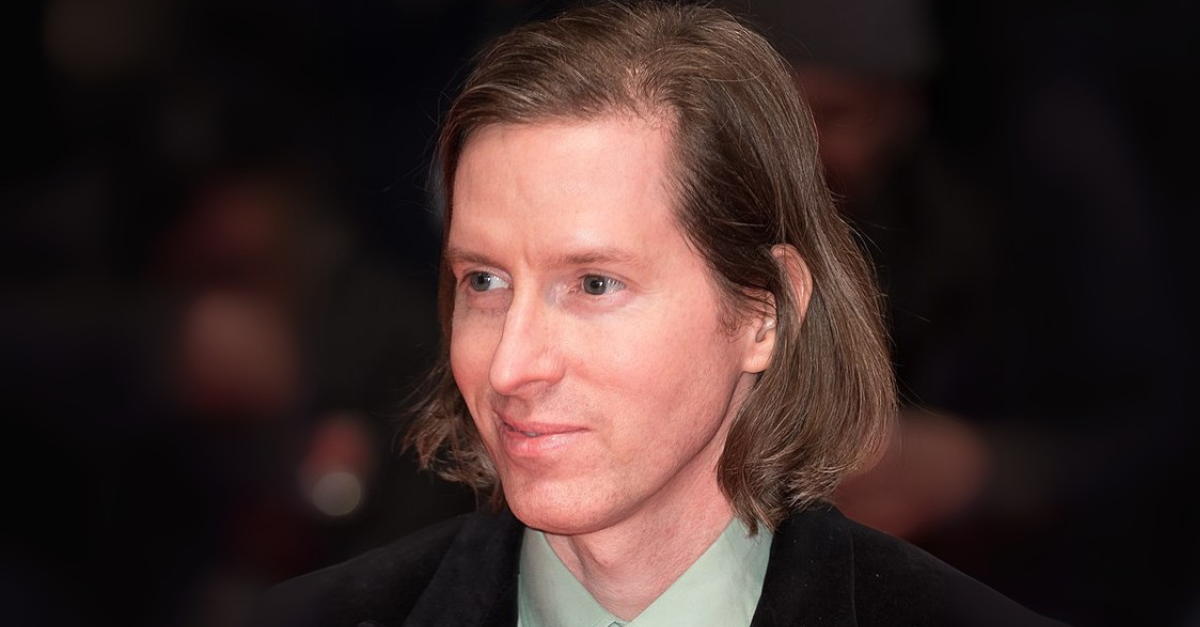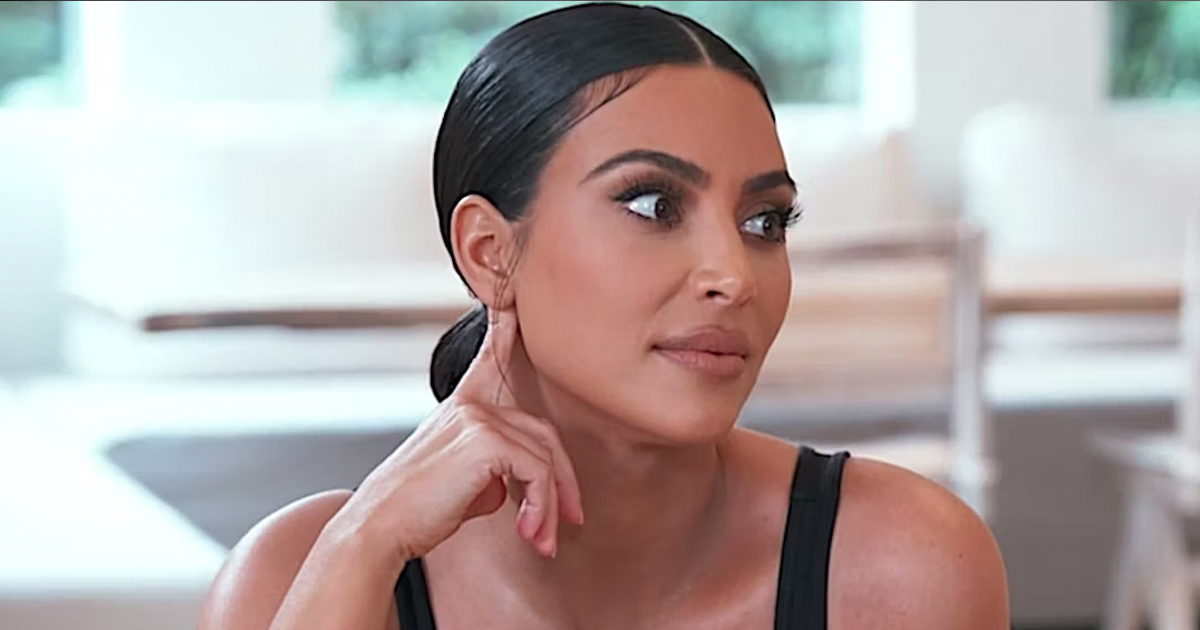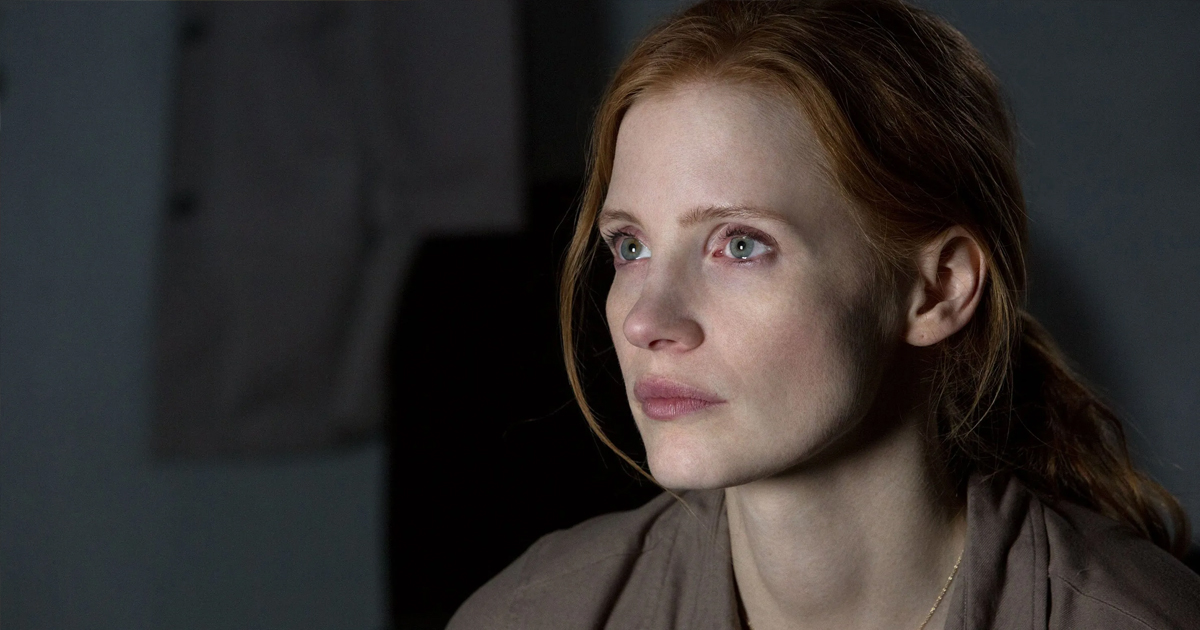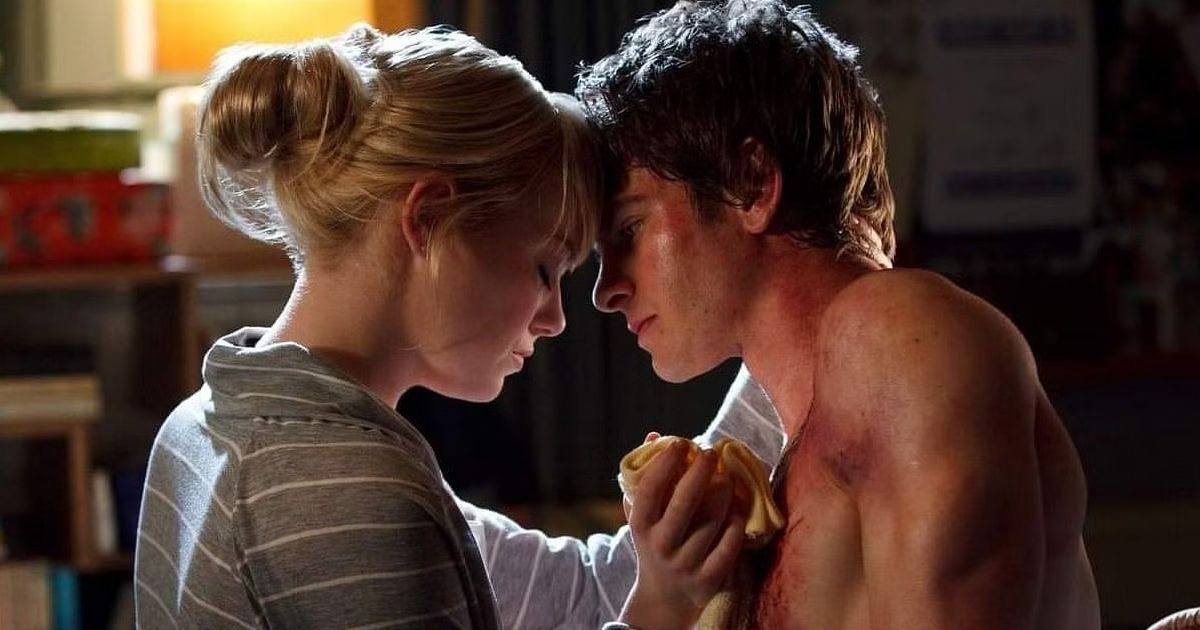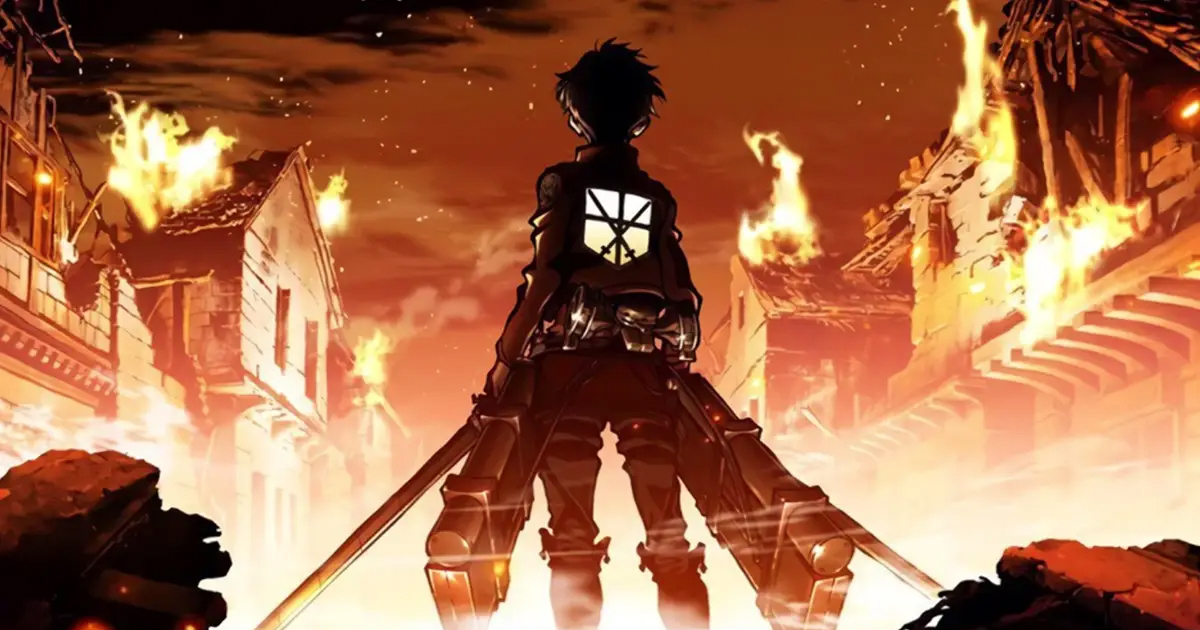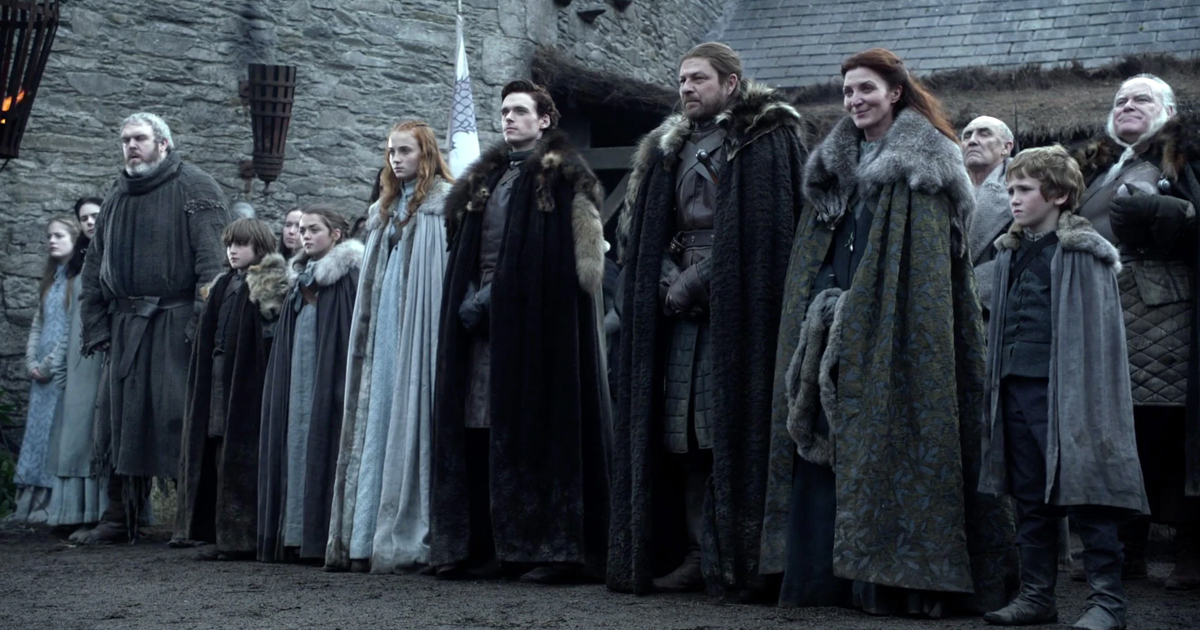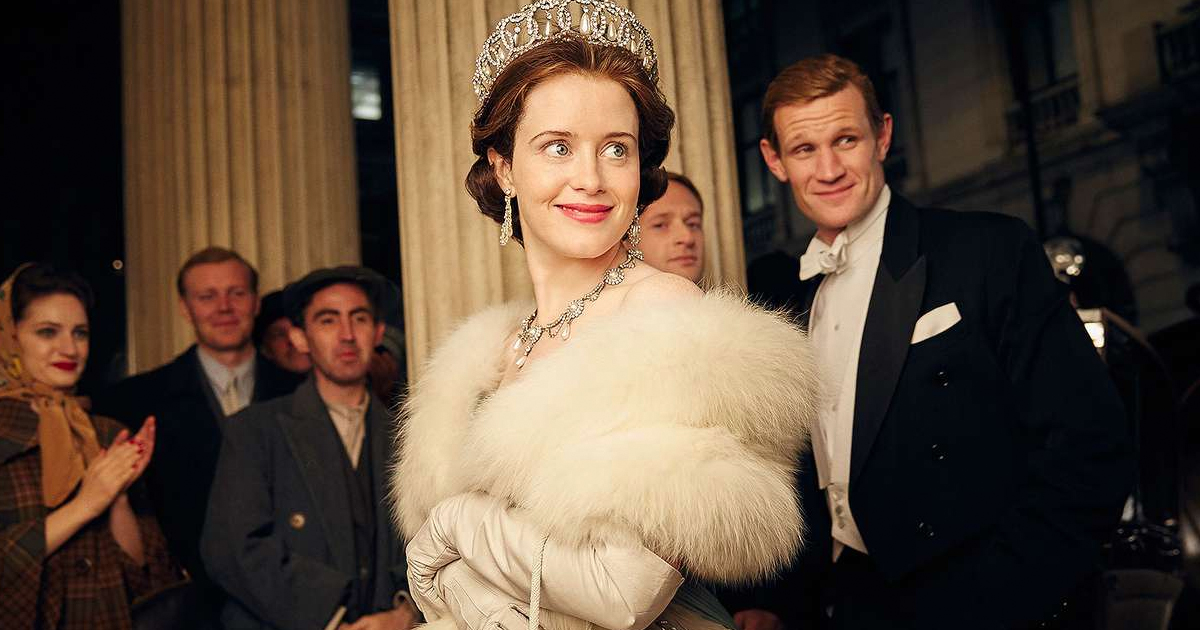Lights, Camera…First-Timers!
Hollywood loves a good origin story, and sometimes the most dazzling beginnings don’t belong to the actors on screen but the minds behind the camera. A director’s debut can be a make-or-break moment—some quietly arrive, others burst in with fireworks that change cinema forever. From scrappy indie triumphs to studio-backed masterpieces, these filmmakers proved that you don’t need years of experience to announce yourself as a visionary.
Orson Welles–Citizen Kane
In 1941, Orson Welles unleashed Citizen Kane upon the world, forever altering the cinematic landscape. At just 25 years old, Welles revolutionized storytelling with deep-focus cinematography, nonlinear structure, and audacious editing. Critics still argue it’s the greatest film of all time, making this debut nearly impossible to top.
 RKO Radio Pictures, Citizen Kane (1941)
RKO Radio Pictures, Citizen Kane (1941)
Quentin Tarantino–Reservoir Dogs
Tarantino arrived with a bang in 1992, delivering Reservoir Dogs—a bloody, dialogue-driven thriller that redefined indie filmmaking. With razor-sharp conversations and nonlinear timelines, Tarantino’s voice was immediately undeniable. The movie didn’t just make him a director; it made him a brand.
 Miramax Films, Reservoir Dogs (1992)
Miramax Films, Reservoir Dogs (1992)
Greta Gerwig–Lady Bird
Greta Gerwig’s 2017 debut Lady Bird was a heartfelt, funny, and sharply observed coming-of-age story that instantly established her as a powerhouse. The film earned five Oscar nominations, including Best Director, rare for a first-timer. Gerwig proved that deeply personal storytelling could still become a cultural phenomenon.
Jordan Peele–Get Out
Before 2017, Jordan Peele was known mostly for sketch comedy, but Get Out changed everything. His razor-sharp social thriller blended horror and biting satire in a way that felt both timely and timeless. The film was a cultural earthquake, earning Peele an Oscar for Best Original Screenplay.
 Universal Pictures, Get Out (2017)
Universal Pictures, Get Out (2017)
Sam Mendes–American Beauty
Sam Mendes stepped into the director’s chair with 1999’s American Beauty, and the Academy practically rolled out the red carpet. The film swept five Oscars, including Best Director and Best Picture. It was a polished, haunting debut that showed Mendes could handle beauty and darkness in equal measure.
 DreamWorks Pictures, American Beauty (1999)
DreamWorks Pictures, American Beauty (1999)
Richard Kelly–Donnie Darko
Kelly’s 2001 cult classic Donnie Darko didn’t exactly conquer the box office, but its impact has grown massively over the years. With eerie rabbit visions, time travel, and suburban malaise, Kelly announced himself as a bold, daring storyteller. Even two decades later, fans still dissect every frame for hidden meaning.
 Newmarket Films, Donnie Darko (2001)
Newmarket Films, Donnie Darko (2001)
Sofia Coppola–The Virgin Suicides
Sofia Coppola proved she was more than Hollywood royalty with 1999’s dreamy The Virgin Suicides. The film’s melancholy tone and haunting visuals captured suburban ennui with grace. This debut laid the groundwork for Coppola’s distinctive voice in later works like Lost in Translation.
 Paramount Classics, The Virgin Suicides (1999)
Paramount Classics, The Virgin Suicides (1999)
Damien Chazelle–Whiplash
Before dazzling audiences with La La Land, Chazelle first floored critics in 2014 with Whiplash. The intense battle between an ambitious drummer and a terrifying music instructor was as thrilling as any action film. With blistering energy and razor-edged tension, Chazelle made sure nobody forgot his name.
 Sony Pictures Classics, Whiplash (2014)
Sony Pictures Classics, Whiplash (2014)
Spike Jonze–Being John Malkovich
In 1999, Jonze burst onto the scene with the surrealist fever dream Being John Malkovich. Quirky, hilarious, and deeply original, the film proved audiences were hungry for the bizarre. Few first films ever announced a director’s offbeat style so confidently.
 Universal Pictures, Being John Malkovich (1999)
Universal Pictures, Being John Malkovich (1999)
John Singleton–Boyz n the Hood
At just 23 years old, John Singleton delivered Boyz n the Hood in 1991, becoming the youngest person ever nominated for Best Director. His deeply personal tale about life in South Central Los Angeles put authentic Black stories at the forefront of Hollywood. Singleton didn’t just debut—he kicked open the door.
 Columbia Pictures, Boyz n the Hood (1991)
Columbia Pictures, Boyz n the Hood (1991)
Ari Aster–Hereditary
Ari Aster’s 2018 debut Hereditary terrified audiences and critics alike with its chilling blend of family trauma and supernatural horror. Often described as one of the scariest films of the 21st century, it instantly made Aster a horror auteur. The debut was so strong it spawned immediate comparisons to Hitchcock.
Barry Jenkins–Medicine for Melancholy
Long before Moonlight, Jenkins delivered a quiet, tender indie debut in 2008 with Medicine for Melancholy. The film explored identity, race, and romance with raw intimacy. It was a whisper compared to his later roar, but it marked the arrival of a filmmaker with soul.
 IFC Films, Medicine for Melancholy (2008)
IFC Films, Medicine for Melancholy (2008)
Darren Aronofsky–Pi
With his 1998 debut Pi, Aronofsky dove headfirst into paranoia and obsession. Made on a shoestring budget, the film showcased his ability to blend intellectual ideas with nightmarish tension. This low-budget masterpiece became a calling card for his career of pushing boundaries.
 Artisan Entertainment, Pi (1998)
Artisan Entertainment, Pi (1998)
George Lucas–THX 1138
Before Star Wars, Lucas introduced the world to his dystopian imagination with THX 1138 in 1971. The cold, sterile sci-fi landscape wasn’t a hit at first, but it displayed Lucas’s world-building genius. This debut planted the seeds of the galaxy far, far away.
 American Zoetrope, THX 1138 (1971)
American Zoetrope, THX 1138 (1971)
Robert Eggers–The Witch
In 2015, Robert Eggers unnerved audiences with The Witch, a Puritan-era folk horror film dripping with authenticity and dread. Its chilling atmosphere and archaic language set it apart from mainstream horror. Eggers’ meticulous attention to detail announced him as a director of eerie precision.
Wes Anderson–Bottle Rocket
Wes Anderson’s quirky style was apparent from the very beginning with 1996’s Bottle Rocket. Though the film barely made a dent commercially, it showcased his offbeat humor, distinct visuals, and heartfelt storytelling. Anderson’s debut was the seed from which his entire cinematic world blossomed.
 Columbia Pictures, Bottle Rocket (1996)
Columbia Pictures, Bottle Rocket (1996)
François Truffaut–The 400 Blows
French New Wave legend François Truffaut exploded onto the scene in 1959 with The 400 Blows. His deeply autobiographical story redefined cinematic realism and inspired filmmakers worldwide. For many, this remains the gold standard of what a directorial debut can achieve.
 Les Films du Carrosse, The 400 Blows (1959)
Les Films du Carrosse, The 400 Blows (1959)
Andrea Arnold–Red Road
Andrea Arnold’s Red Road (2006) blended gritty realism with psychological suspense, winning the Jury Prize at Cannes. The film established her as a bold, uncompromising voice in British cinema. Her debut made it clear she wasn’t afraid to tackle dark and uncomfortable truths.
Rian Johnson–Brick
Before helming blockbusters, Rian Johnson introduced himself with 2005’s Brick. This noir-inspired high school mystery combined Chandler-esque dialogue with teen drama. Johnson’s playful genre mashup proved he was destined for bigger, bolder projects.
Charles Laughton–The Night of the Hunter
Though it was his only film, Laughton’s 1955 The Night of the Hunter has gone down as one of the greatest debuts—and greatest films—ever made. Its haunting imagery and chilling villain remain influential decades later. Sometimes one masterpiece is all it takes.
 United Artists, The Night of the Hunter (1955)
United Artists, The Night of the Hunter (1955)
You May Also Like:
Movies With Bizarre Director Cuts
The Most Iconic Closing Scenes In Movie History

